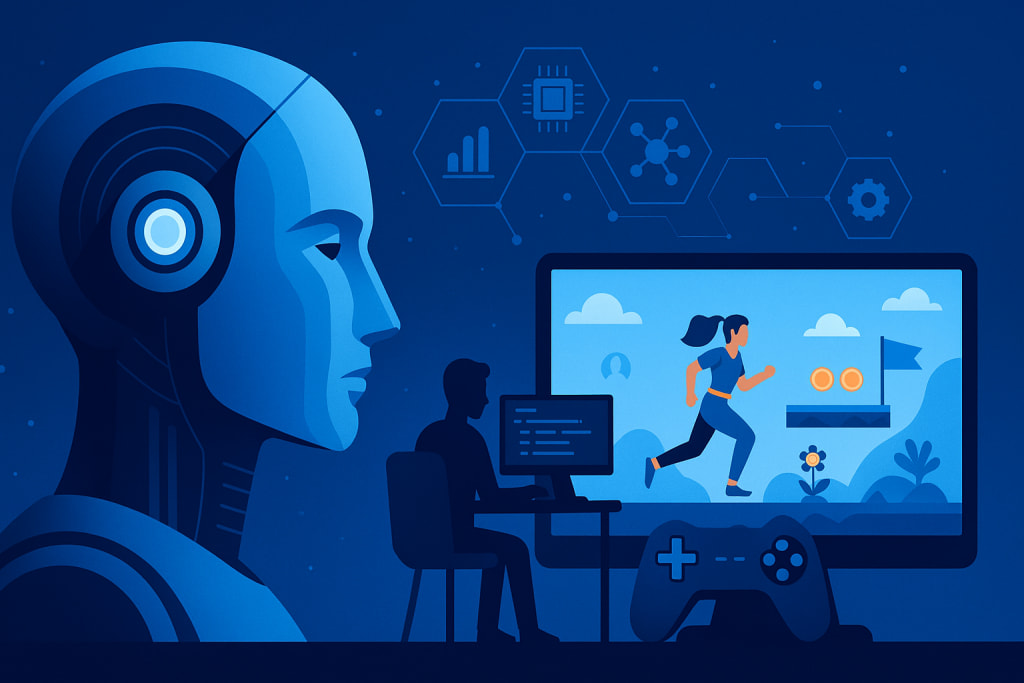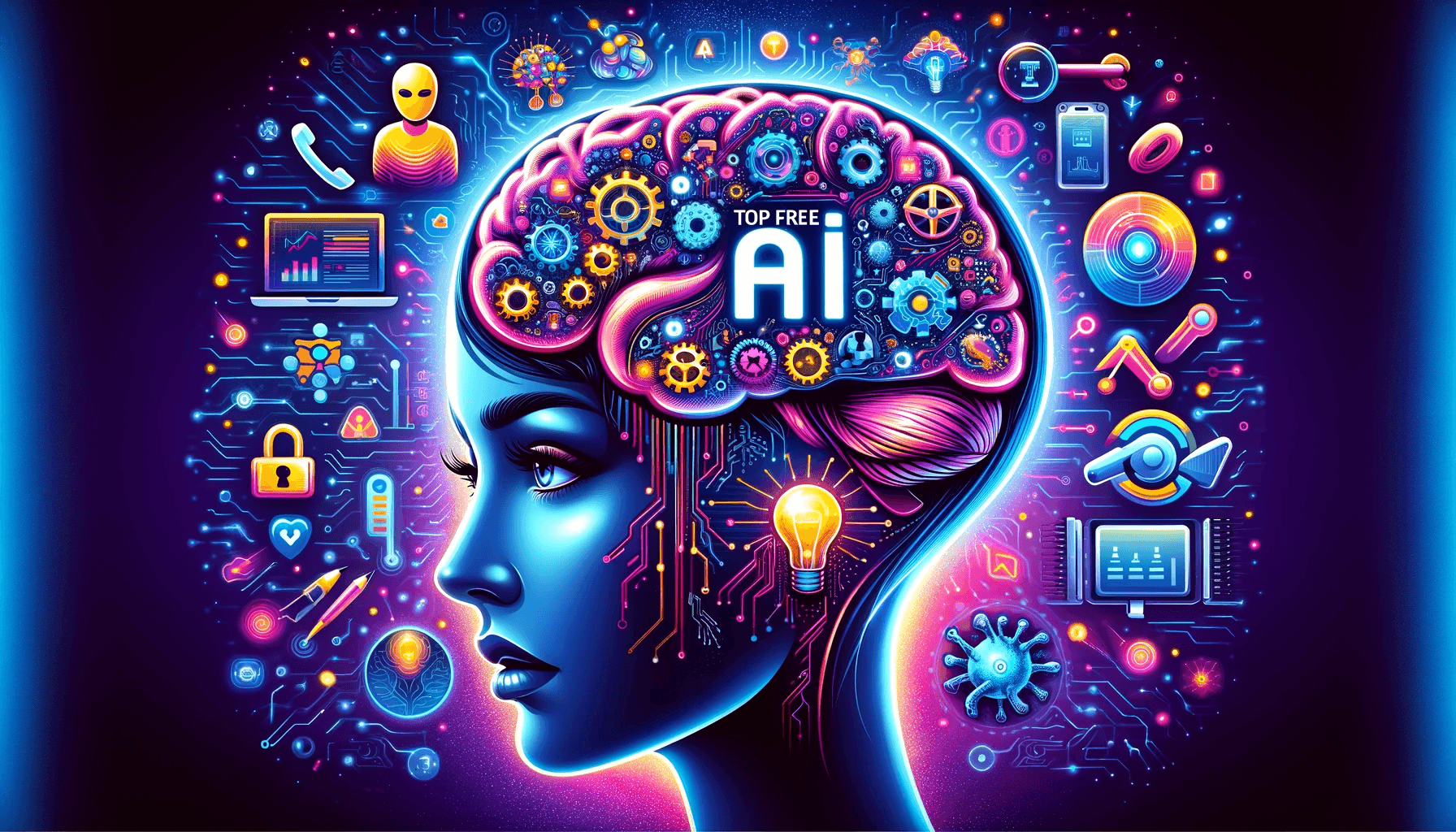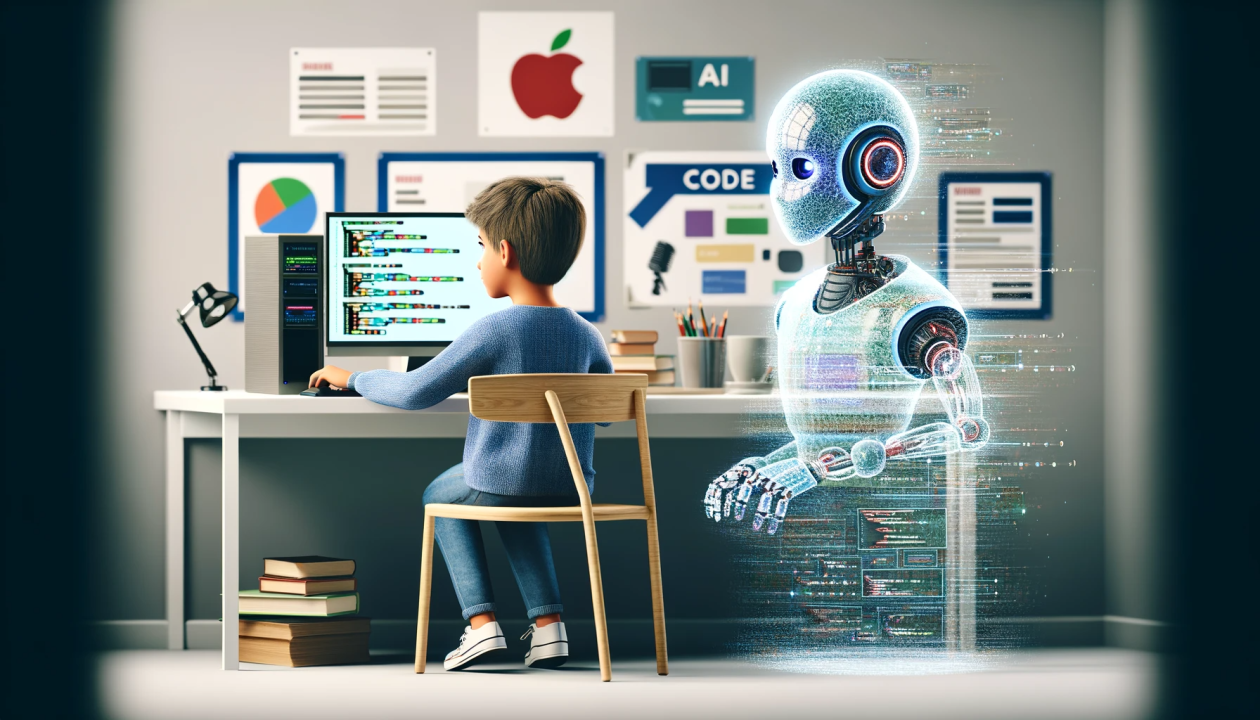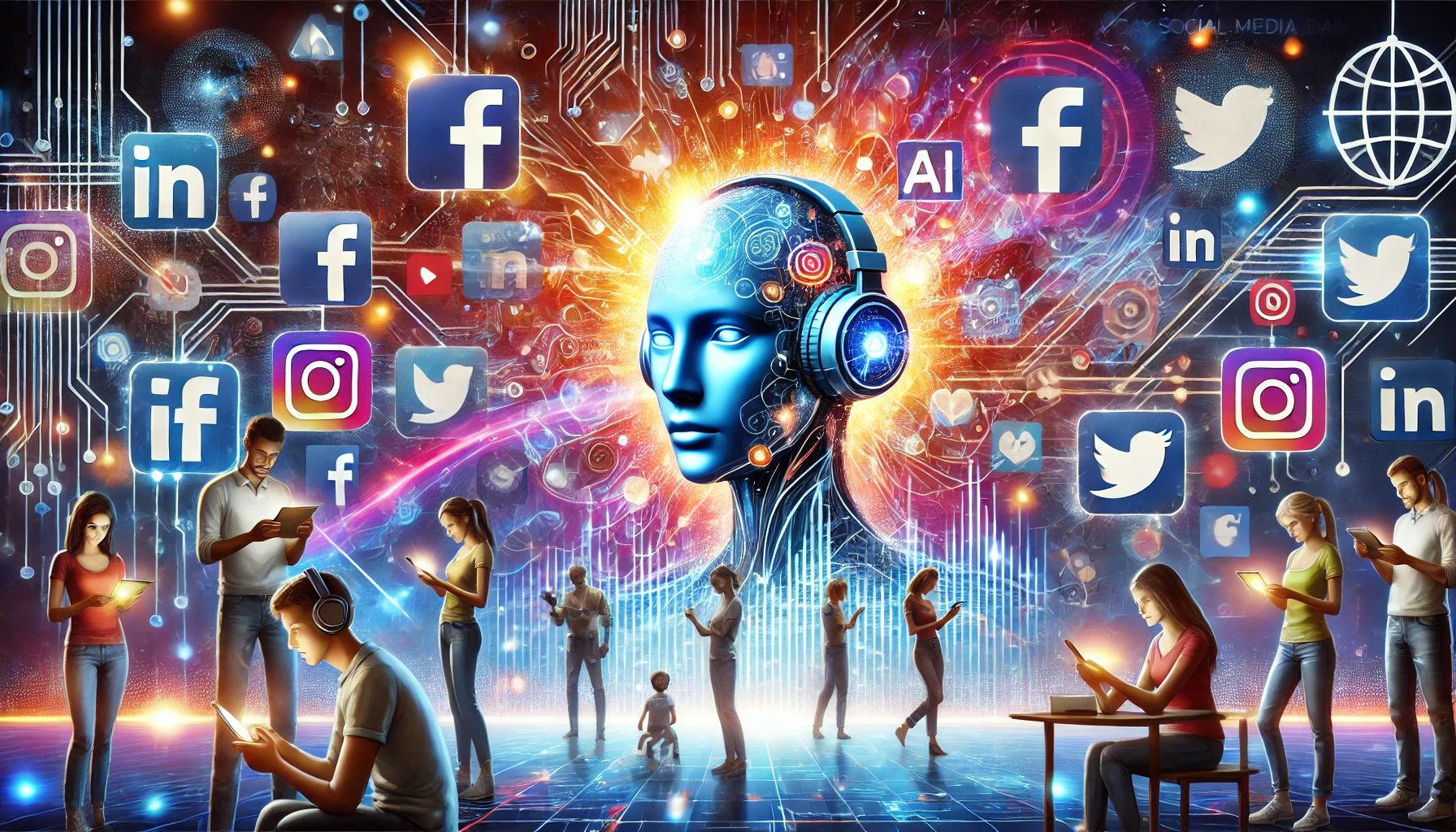Artificial Intelligence (AI) is revolutionizing the gaming industry by creating more immersive, responsive, and personalized gaming experiences. For beginners, understanding how AI is used in games can open the door to appreciating the technology behind your favorite titles and even inspire you to explore game development.
What is AI in Gaming?
AI in gaming refers to the use of algorithms and machine learning to control non-player characters (NPCs), adapt gameplay, and create dynamic environments. AI helps games feel more lifelike by enabling characters and scenarios to respond intelligently to player actions.
Key Ways AI is Used in Games
Smart Non-Player Characters (NPCs)
One of the most common uses of AI in games is to control NPCs. AI enables NPCs to make decisions, follow paths, and interact with players in a realistic way. For example, enemies in shooting games can take cover, pursue players, or change strategies based on how the player behaves.
Procedural Content Generation
AI can automatically create game levels, landscapes, and storylines through procedural content generation. This allows developers to produce vast, unique worlds without manually designing every detail, offering players endless variety.
Adaptive Difficulty
Some games use AI to track player performance and adjust the difficulty level in real-time. This creates a balanced experience that keeps players challenged without becoming frustrating or too easy.
Game Testing and Quality Assurance
AI is also used behind the scenes to test games more efficiently. AI-driven bots can simulate thousands of gameplay hours to detect bugs and ensure a smoother final product.
Personalized Gaming Experiences
AI can analyze player preferences and in-game decisions to personalize content, recommend strategies, or even adjust game narratives to suit individual playstyles.
Realistic Animations and Behaviors
AI helps generate lifelike animations and character movements, making game worlds more believable. It also powers features like voice recognition and realistic crowd simulations.
Challenges of AI in Gaming
While AI greatly enhances gaming, it also presents some challenges:
- Predictability: Poorly designed AI can result in repetitive or predictable behavior, reducing the excitement of the game.
- Resource Intensive: Advanced AI can require significant processing power, which may limit its use in mobile or low-spec games.
- Balancing AI: Creating AI that is challenging but fair requires careful design to avoid frustrating players.
How to Start Exploring AI in Gaming
If you’re interested in learning more about AI in gaming, here are some beginner-friendly steps:
- Play AI-Driven Games: Look for games known for smart AI, such as The Last of Us, Halo, or F.E.A.R., to see how AI enhances gameplay.
- Learn Basic Game Development: Tools like Unity and Unreal Engine offer AI programming tutorials that can help you build simple AI systems.
- Experiment with Game AI Design: Start by creating simple NPC behaviors, like patrol routes or enemy reactions, and gradually explore more complex decision-making systems.
Conclusion
AI in gaming is shaping the future of interactive entertainment by making games smarter, more engaging, and tailored to each player. For beginners, understanding how AI works in gaming not only enriches the playing experience but also opens exciting pathways into game development and design. As AI continues to evolve, the possibilities in gaming are virtually limitless.







Leave feedback about this